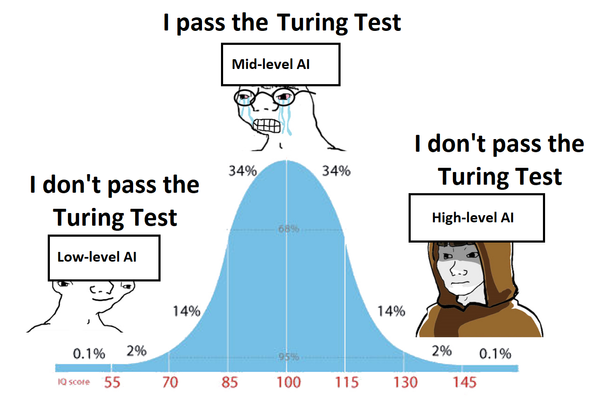Ethical Considerations in AI Adoption for Legal Professionals
AI has become an integral part of various industries, including the legal profession. AI technologies offer significant benefits in terms of efficiency, accuracy and decision-making. However, the adoption of AI in the legal field raises important ethical considerations.

Introduction
Artificial Intelligence (AI) has become an integral part of various industries, including the legal profession. AI technologies offer significant benefits in terms of efficiency, accuracy and decision-making. However, the adoption of AI in the legal field raises important ethical considerations. In this article, we will explore the ethical considerations that legal professionals should take into account when adopting AI technologies.
Transparency and Explainability
One crucial ethical consideration in AI adoption is transparency and explainability. Legal professionals must ensure that AI algorithms and systems are transparent and provide clear explanations for their decisions. This is particularly important in legal contexts where accountability, fairness and due process are paramount. Understanding how AI arrives at its conclusions is crucial for legal professionals to assess the reliability and validity of AI-generated insights.
Bias and Fairness
AI algorithms are trained on historical data, which may contain biases and reflect existing societal inequalities. Legal professionals must be vigilant in identifying and addressing biases in AI systems to ensure fairness and equal treatment. It is essential to regularly evaluate and audit AI models to identify and mitigate biases that may impact decision-making processes. Additionally, legal professionals should consider the diversity and representativeness of the data used to train AI algorithms to avoid perpetuating existing biases.
Privacy and Data Protection
AI technologies rely on vast amounts of data, including personal and sensitive information. Legal professionals must prioritise privacy and data protection when adopting AI. This involves ensuring compliance with relevant data protection regulations, safeguarding client confidentiality and implementing appropriate security measures to protect data from unauthorised access or breaches. Legal professionals should carefully consider the data handling practices of AI vendors and ensure that data is used in a manner consistent with legal and ethical standards.
Professional Responsibility and Human Oversight
While AI can enhance legal processes, it is crucial to maintain professional responsibility and human oversight. Legal professionals should exercise their professional judgment and expertise when working with AI technologies. They should not rely solely on AI-generated insights but instead use them as tools to support decision-making. Human oversight is necessary to ensure that AI systems are used ethically and in compliance with legal and professional standards.
Impact on Employment and Access to Justice
The adoption of AI in the legal profession may have implications for employment and access to justice. Automation of certain tasks may reduce the need for certain roles, potentially impacting employment opportunities for legal professionals. Additionally, the cost and accessibility of AI technologies may create disparities in access to justice. Legal professionals must consider the ethical implications of AI adoption on employment and access to justice and work towards ensuring equitable access and opportunities.
Accountability and Liability
AI technologies introduce complex questions regarding accountability and liability. Legal professionals must consider who is responsible for the actions and decisions made by AI systems. In cases where AI-generated insights are used in legal proceedings, legal professionals should be prepared to explain and justify the use of AI and assume responsibility for its implications. Clear guidelines and frameworks for accountability and liability need to be established to address the ethical challenges associated with AI adoption.
Conclusion
As AI technologies continue to advance and become more prevalent in the legal profession, legal professionals must carefully consider the ethical implications of AI adoption. Transparency, fairness, privacy, professional responsibility and access to justice should be at the forefront of AI adoption strategies. By addressing these ethical considerations, legal professionals can ensure that AI technologies are used ethically, responsibly and in alignment with legal and professional standards. Ultimately, the ethical adoption of AI in the legal profession can enhance legal processes, improve access to justice and uphold the principles of fairness and accountability.



